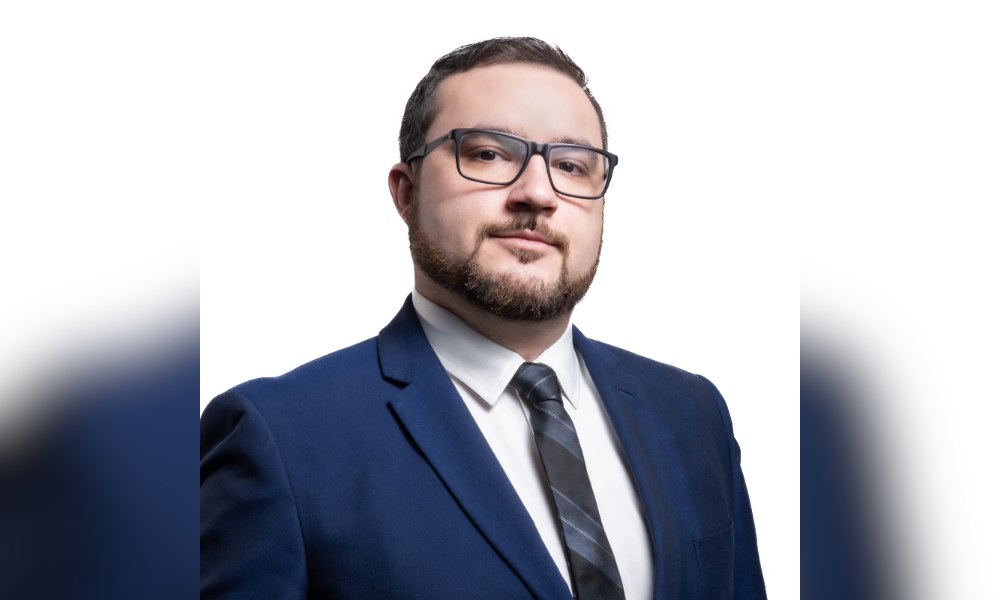Succession planning expert breaks down challenges and best practices

Even though succession planning is a staple service for many holistic wealth practices, advisors often don’t have a plan for succession themselves – and it’s easy to see why.
“Many advisors spend so much time working in the business, they neglect to work on the business,” says John Ciliberto, managing director at Advisor Hunt.
“Managing a portfolio or being an effective financial planner can be quite time-consuming, so they don't consider their own succession planning a priority. That complacency can sometimes come at the client's detriment.”
Finding the right fit
Among many other challenges, Ciliberto says the search for a worthy successor for their business is something many retiring advisors struggle with. Finding the best possible advisor to take over, he says, is “the last best thing an advisor can do for their clients.”
Some advisors choose to keep working until they’re well past 70, while others may retire earlier because of health or family considerations. Assuming a normal retirement age of 65, he says advisors should start making plans for their succession at around age 60.
“Finding someone competent and capable to take over the relationships that an advisor has built over a long career is a delicate process,” Ciliberto says. “Often we see partnerships where the new advisor slowly takes over client relationships through a ‘warm handoff,’ with a three- to five-year transition timeframe for the transition.”
When it comes to developing a successor profile, he says finding the right fit is the main consideration. The two merging practices should have chemistry and operate in similar ways, with similar investment philosophies, financial planning approaches, and ways of dealing with clients. Beyond that, he encourages advisors to find someone likeable and credible, which includes experience and a solid record of managing other people’s life savings.
He says an effective successor should have all or most of the following eight key traits:
- Discipline
- Competitiveness
- Orderliness
- Industriousness
- Resilience
- Curiosity
- Patience
- Humility
The case for external succession
While there are advantages to internal succession, Ciliberto argues selling externally can be very beneficial. That includes getting higher valuation multiples, a larger pool of qualified buyers, the ability to compare and contrast offers from various firms, anonymity or confidentiality, and clients having enhanced resources from superior dealers.
“I’ve seen firms that have invested so much in a digital experience for clients. Being up to date with the most current technology will keep you relevant, and will maximize retention in a transition,” Ciliberto says. “Not all firms have the best tools, the most updated financial planning software, access to quality private products, and access to specialists that can support your more complicated files. By partnering with a firm that can offer an all-encompassing client experience, a retiring advisor can better explain to their clients that the succession will be an upgrade for them.”
Certain superior dealers, he adds, will offer services that others don’t with regard to succession. To make sure paperwork isn’t a burden during the transition, some firms have electronic documents, digital signature capabilities, and dedicated admin and compliance support teams to help both buying and selling advisors.
“The process of succession is nowhere near as daunting as it once was. A strong dealer will make admin easy and will make the transitions seamless,” Ciliberto says. “When transitions are seamless, it massively increases retention and asset consolidation.”
Finding the best possible match for clients, Ciliberto says, often takes retiring advisors several months or years. What makes the search more than worthwhile, he says, is being able to add value for clients and therefore do better with the assets.
“Exiting advisors don't want their clients, who trust them, feeling abandoned and handed off to just whoever shows up,” he says. “Working with a succession consultant can help retiring advisors understand what profile will fit best in their practice and facilitate the process of finding that unicorn.”



